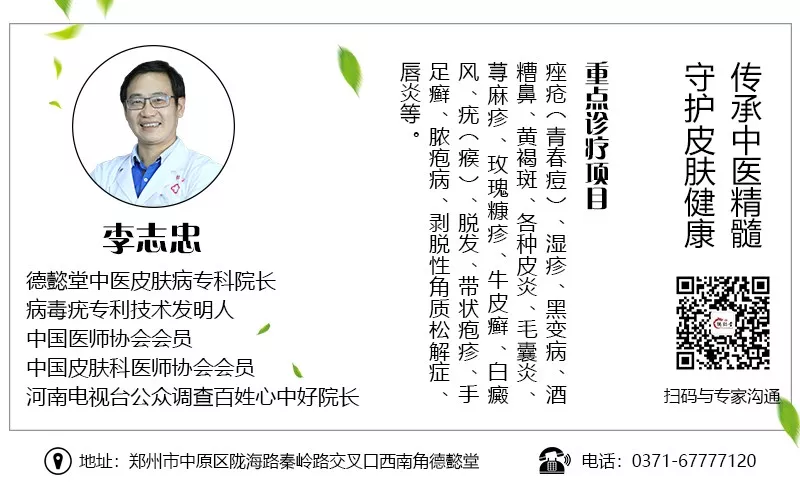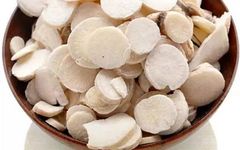 The Supreme Herb for Liver Nourishment – Bai Shao (White Peony), this herb can enter the liver meridian, and it also helps to pacify liver yang and nourish liver blood. Therefore, most people refer to it as the “first herb for liver nourishment.” Today, I will teach you how to use Bai Shao in your daily life to maximize its benefits.
The Supreme Herb for Liver Nourishment – Bai Shao (White Peony), this herb can enter the liver meridian, and it also helps to pacify liver yang and nourish liver blood. Therefore, most people refer to it as the “first herb for liver nourishment.” Today, I will teach you how to use Bai Shao in your daily life to maximize its benefits.
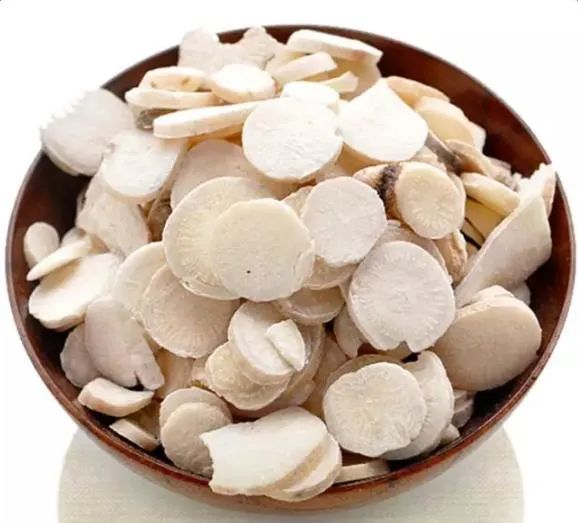
If you have poor liver function, with liver qi stagnation; often feeling emotionally unstable, frequently losing your temper, feeling depressed, accompanied by chest tightness, rib pain, and constant sighing or belching, you can use Bai Shao (White Peony) combined with Chai Hu (Bupleurum) to brew tea, which can help to soothe the liver, relieve depression, and regulate qi.
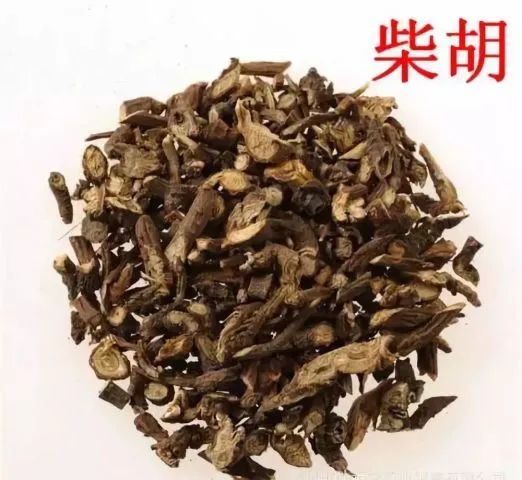
When liver function is compromised, it often affects the spleen and stomach. Therefore, TCM often states that if a person’s spleen and stomach are not functioning well, experiencing bloating and abdominal pain, and having difficulty digesting even small amounts of food, the treatment should start from the liver and spleen. In this case, Bai Shao (White Peony) combined with Gan Cao (Licorice) can harmonize the liver and spleen, alleviating pain.
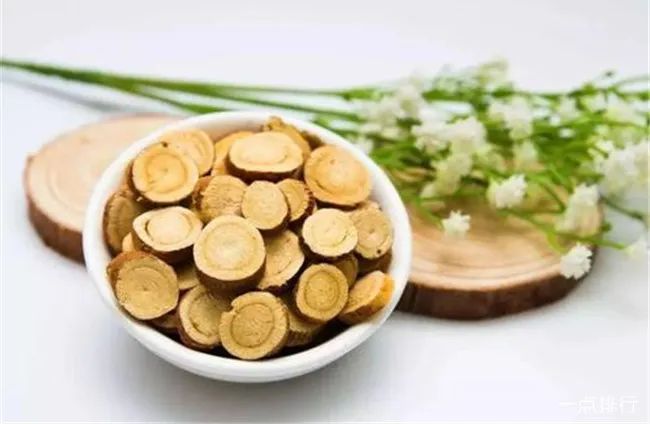
If you have poor liver function and insufficient liver blood; often feeling eye fatigue, dryness and itchiness in the eyes, noticeable decline in vision, blurred vision, accompanied by dizziness, tinnitus, insomnia with poor sleep quality, frequent dreaming, and dry skin with a lack of color, as well as numbness in the limbs and leg cramps, you can use Bai Shao (White Peony) combined with Shu Di Huang (Rehmannia) and Dang Gui (Angelica) to nourish liver blood.
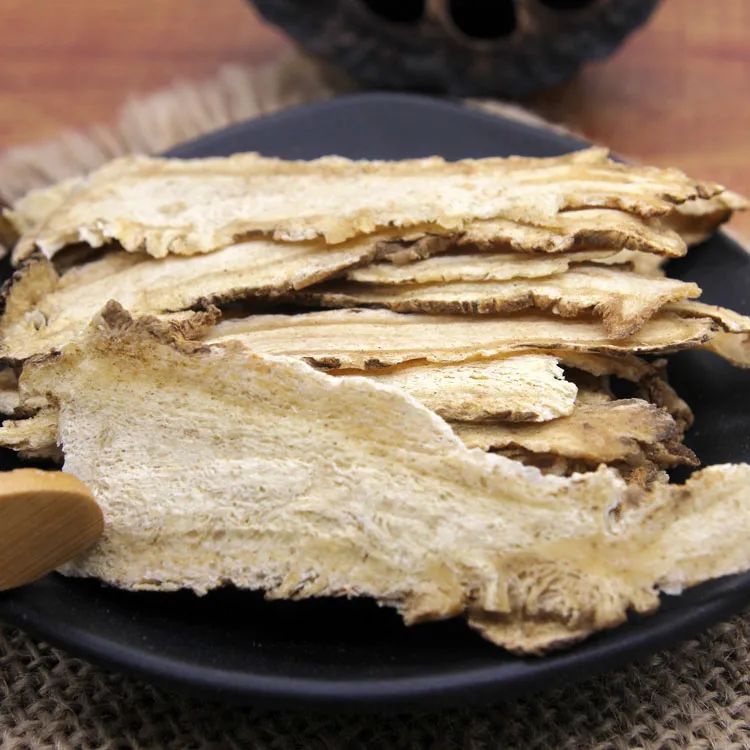
If you often experience not only emotional instability but also poor appetite, difficulty eating, bloating, abdominal pain, or even diarrhea, along with a bitter taste in the mouth and a general lack of energy, this is often due to liver qi stagnation affecting the spleen and stomach. In this case, you can use Bai Shao (White Peony) combined with Bai Zhu (Atractylodes) and Chen Pi (Tangerine Peel) to regulate the condition.
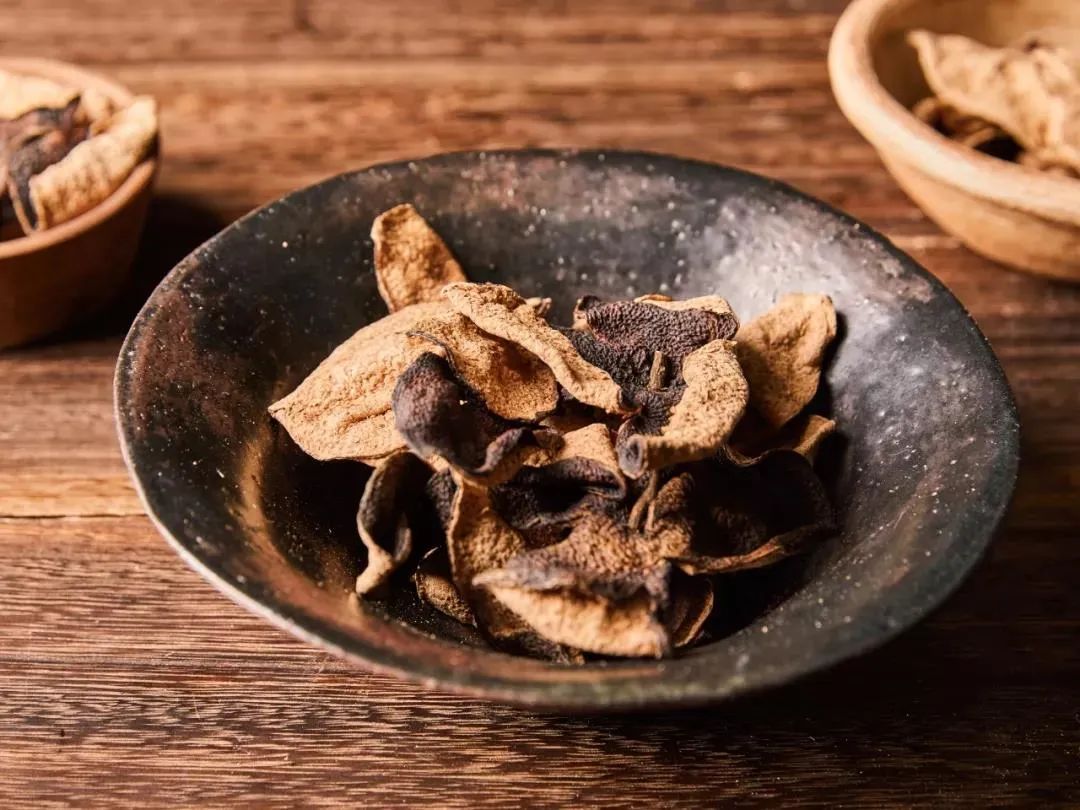
If you often sweat excessively, easily breaking into a sweat even after light activity or eating, and generally feeling weak, with cold hands and feet, and palpitations, you can use Bai Shao (White Peony) combined with Huang Qi (Astragalus) and Bai Zhu (Atractylodes) to stop sweating.
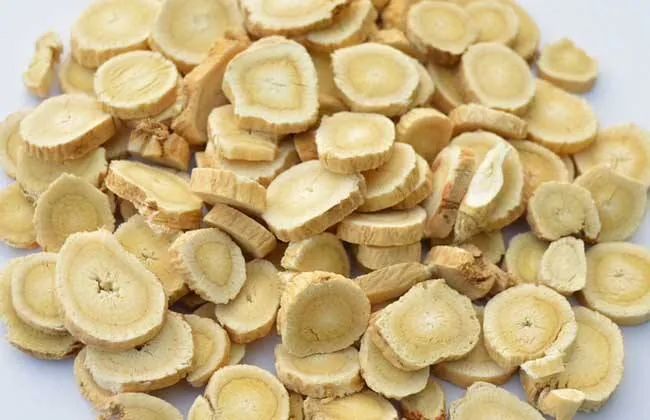
If you sweat excessively only at night while sleeping, and not during the day, and often feel irritable, with chest tightness, hot palms and soles, and a sensation of heat in the five hearts, you can use Bai Shao (White Peony) combined with Fu Xiao Mai (Einkorn Wheat) to nourish yin and stop sweating.
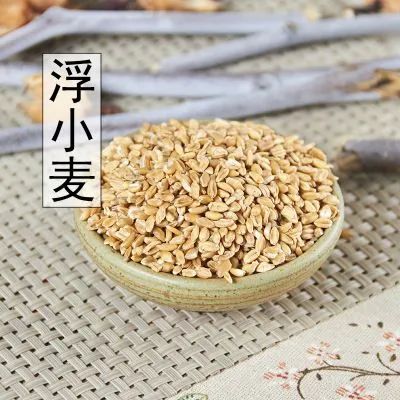
If you are generally weak and easily susceptible to wind-cold invasion, leading to symptoms such as chills, headaches, nasal congestion, dry throat, sore throat, or even fever, you can use Bai Shao (White Peony) combined with Gui Zhi (Cinnamon Twig) to brew tea, harmonizing the nutritive and defensive qi, warming and relieving pain!
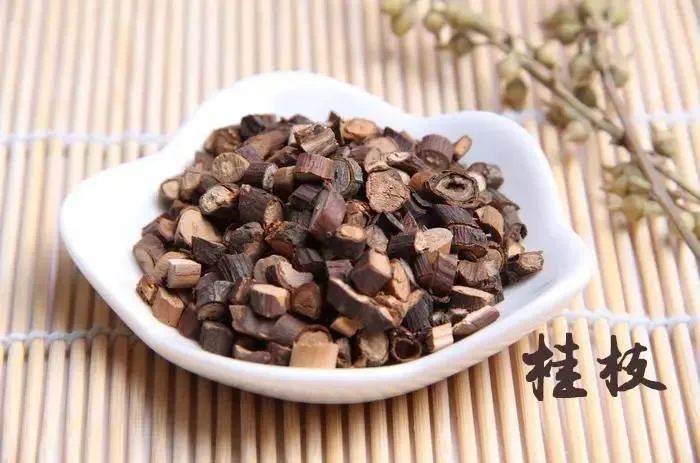
However, it is important to note that Bai Shao should not be used alone by individuals with yang deficiency and internal cold, as it is a yin-nourishing herb. Using it in such cases may exacerbate yang deficiency, leading to further spleen and stomach coldness, resulting in diarrhea and abdominal pain. This concludes the discussion on the liver-nourishing herb – Bai Shao. If you are unsure about your health condition and the appropriate use of herbs, please consult a physician for proper guidance on dosage and adjustments to avoid unnecessary harm to your body.
